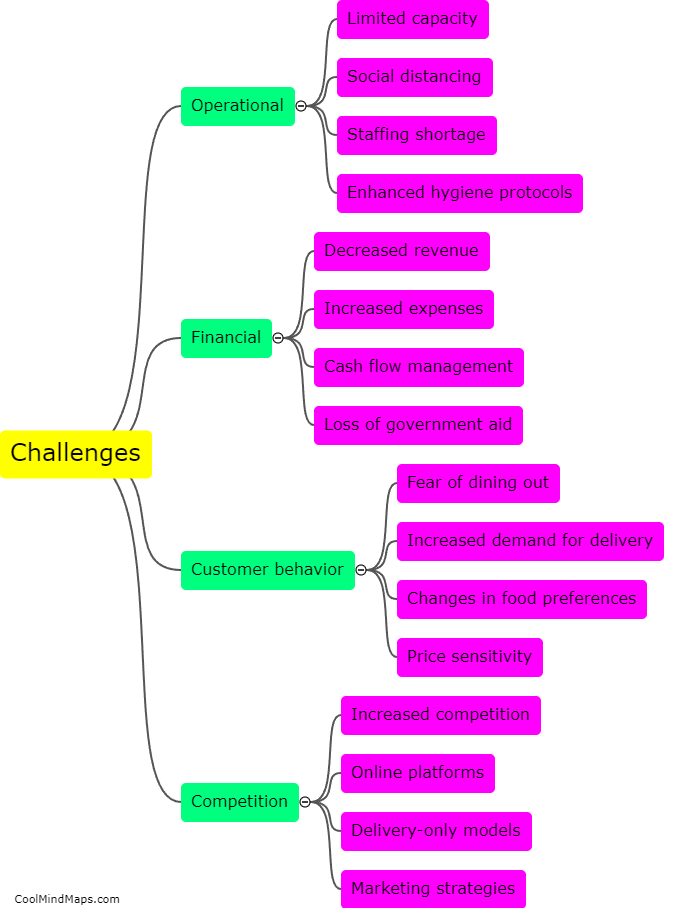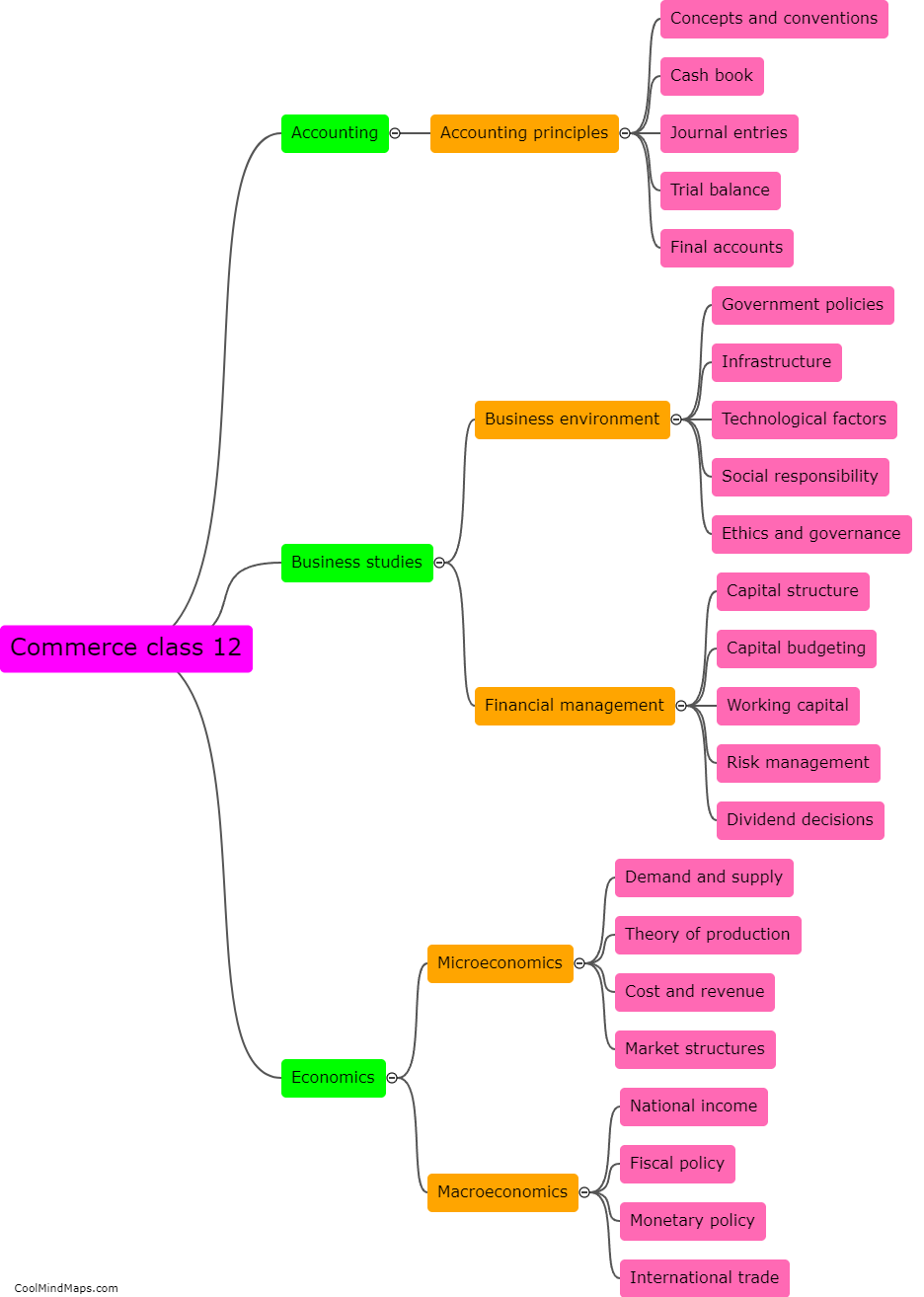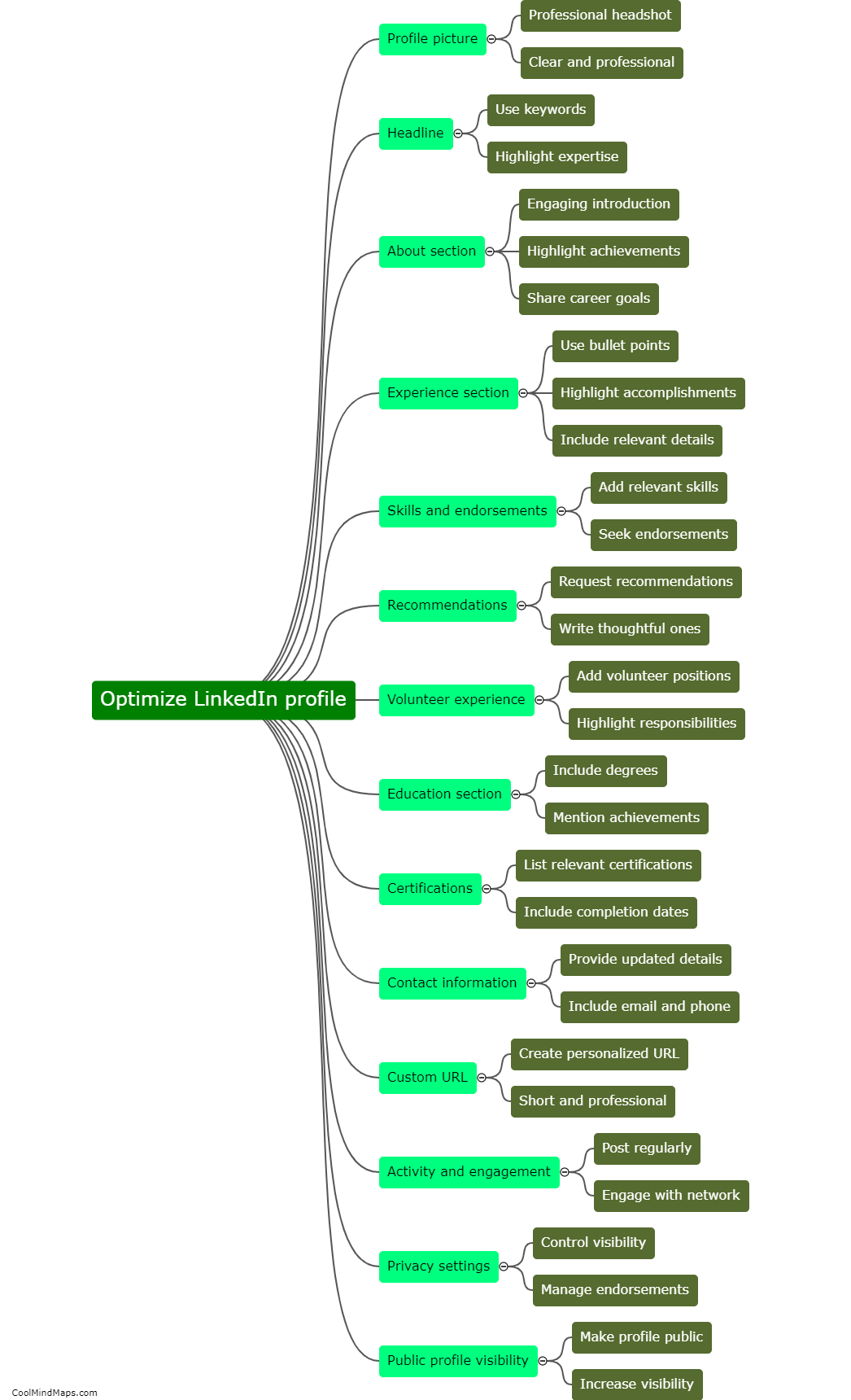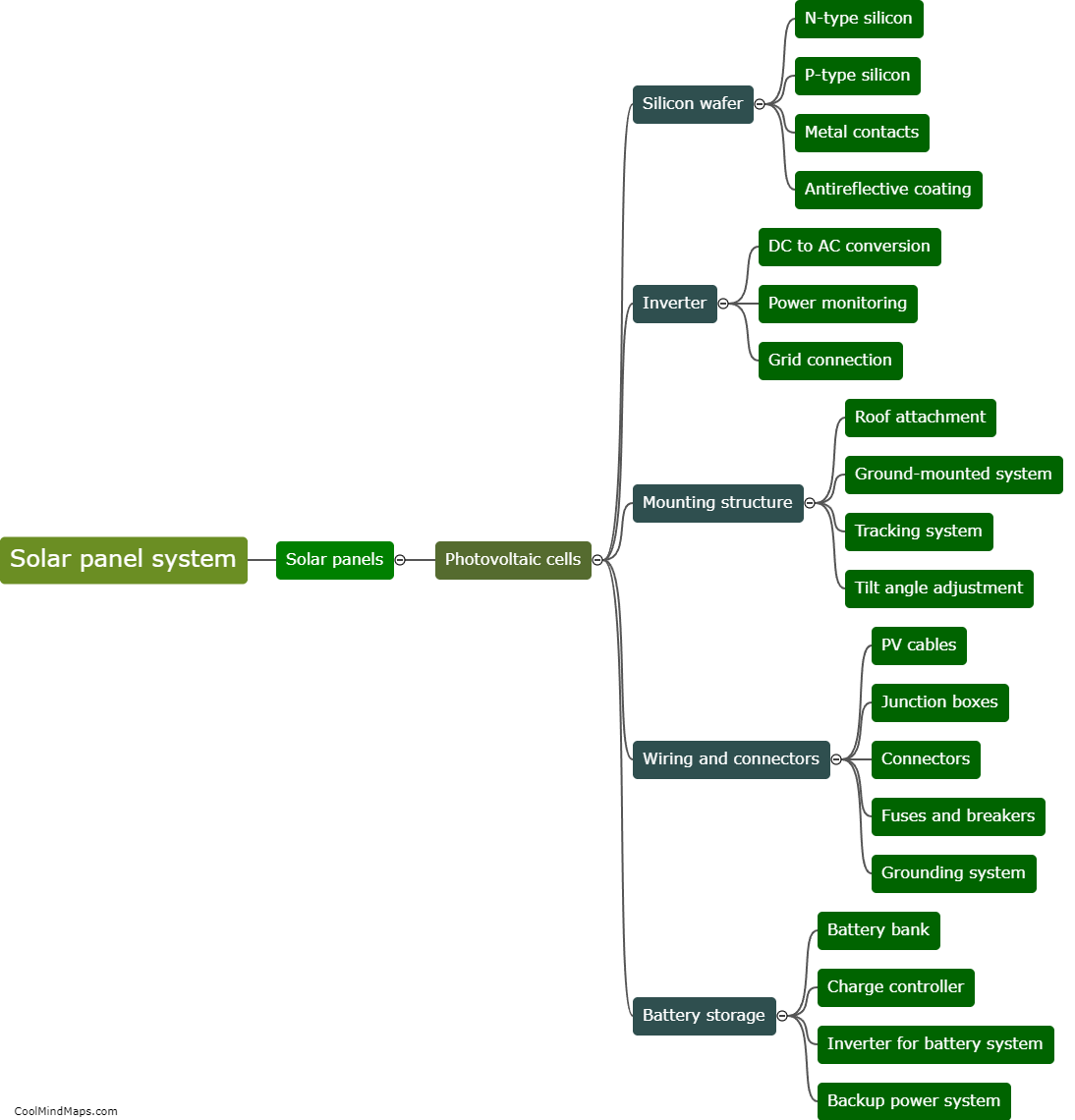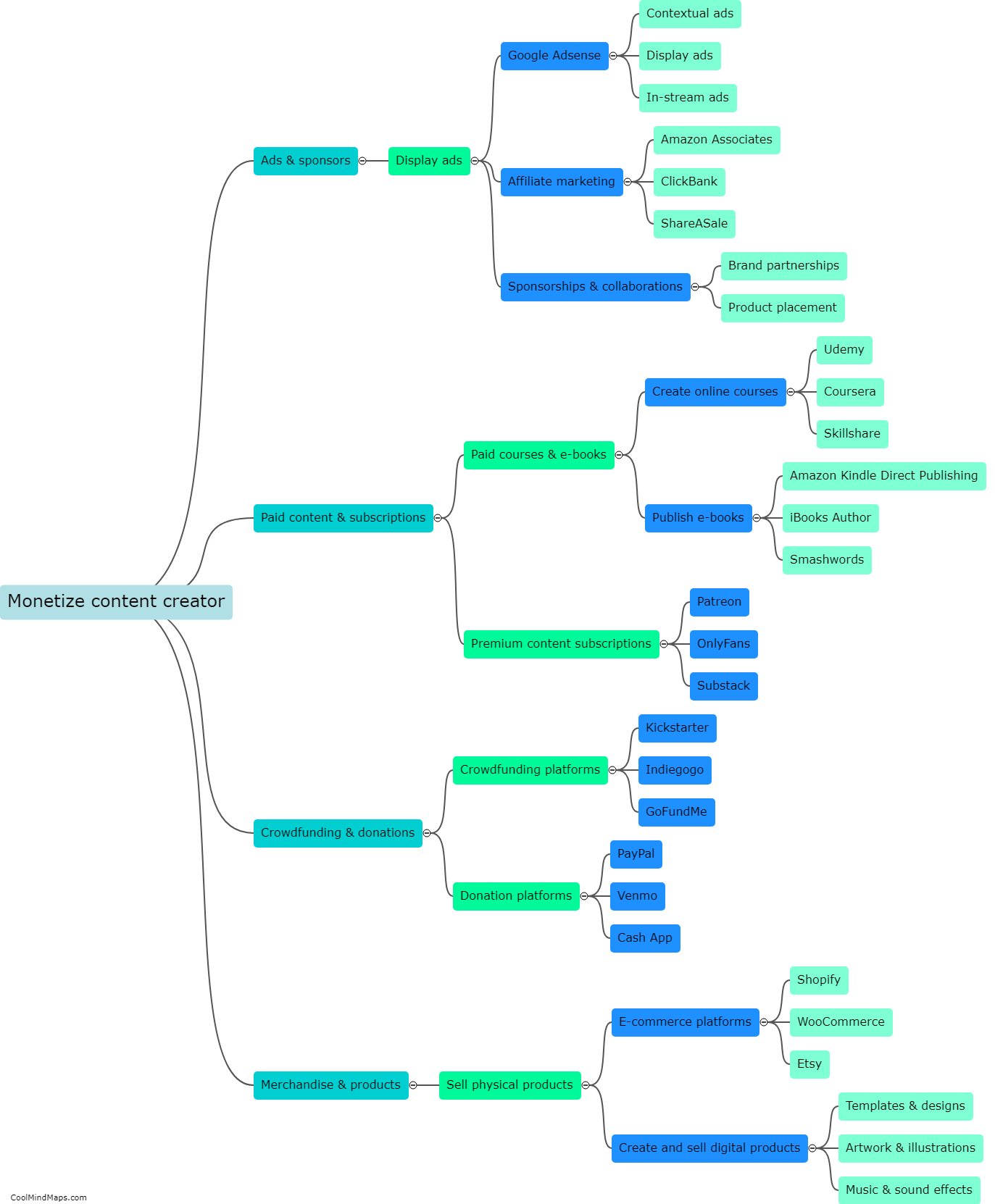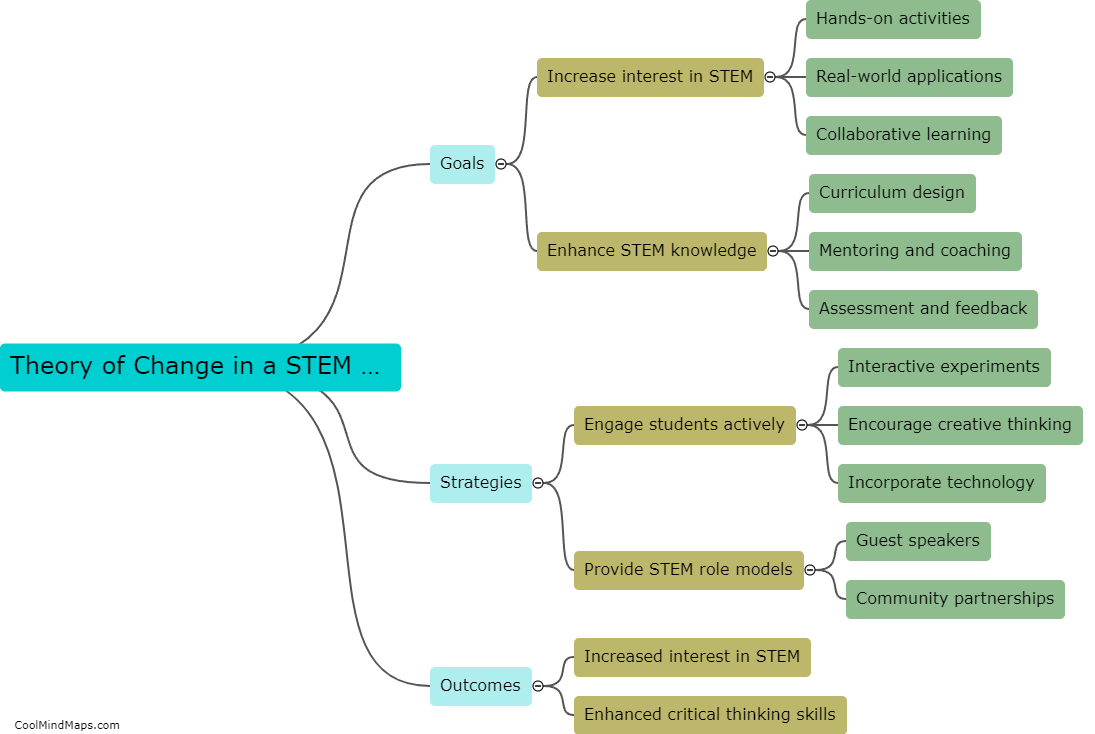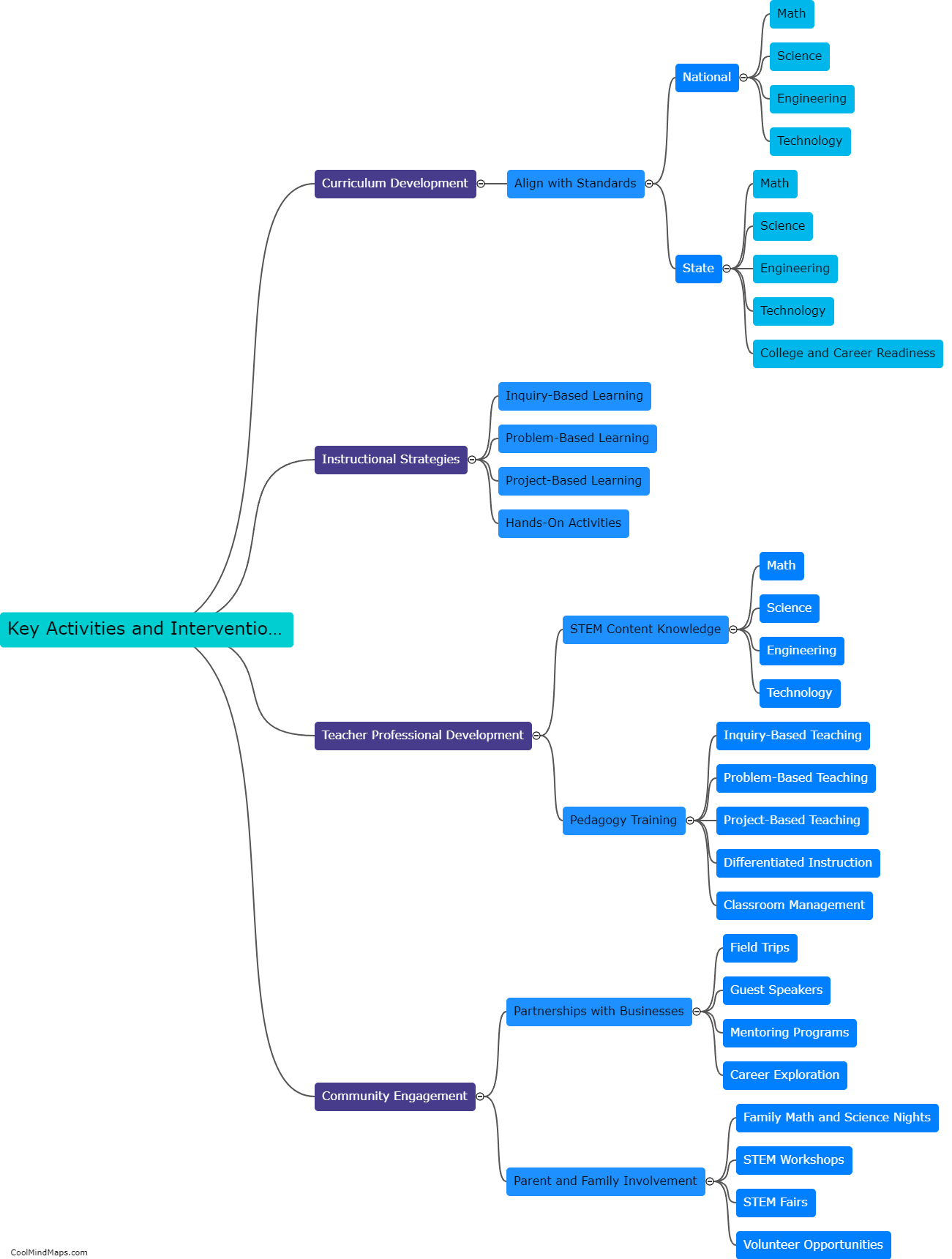What assumptions are made in the program plan?
In a program plan, numerous assumptions are made to provide a foundation for decision-making and resource allocation. These assumptions are essentially educated guesses about certain factors that may impact the success of the program. They include measures such as the availability of resources, the cooperation and participation of stakeholders, the accuracy of data or information, and the viability of the proposed strategies or solutions. Assumptions are necessary because programs often operate in an uncertain and dynamic environment, and it is not always feasible or practical to have complete information or control over all variables. Therefore, program planners make assumptions based on their expertise, experience, and analysis to guide their actions and expectations. Regular review and updating of assumptions throughout the program implementation process are critical to ensure flexibility and adaptability to changing circumstances.
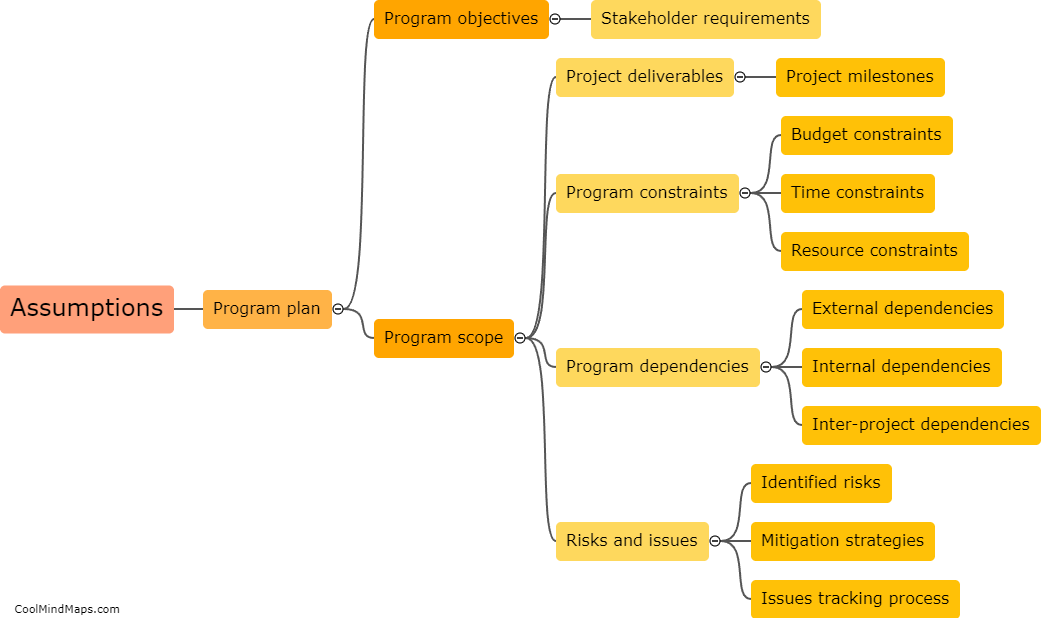
This mind map was published on 21 December 2023 and has been viewed 79 times.


